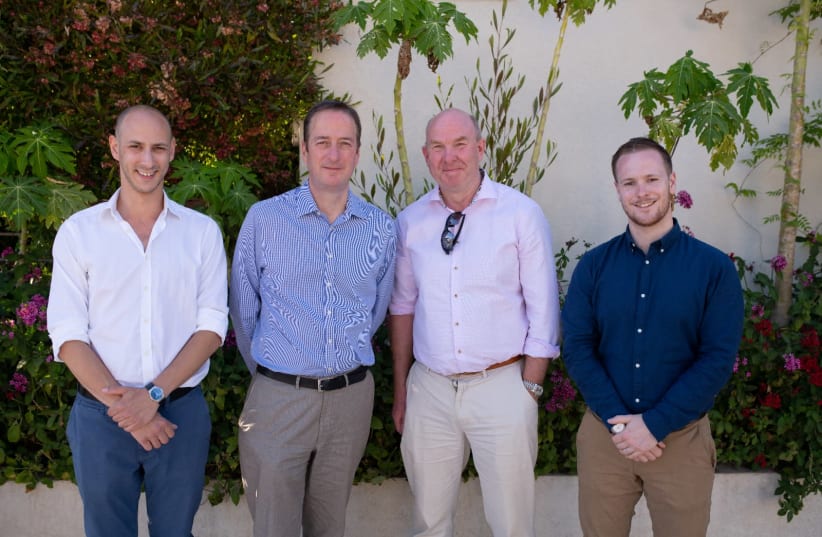Life sciences innovation emerges as key area of UK-Israel collaboration
Attending the three-day conference are 11 leading British healthcare organizations, currently collaborating with the British Embassy in Israel to build new innovation partnerships with Israel.
